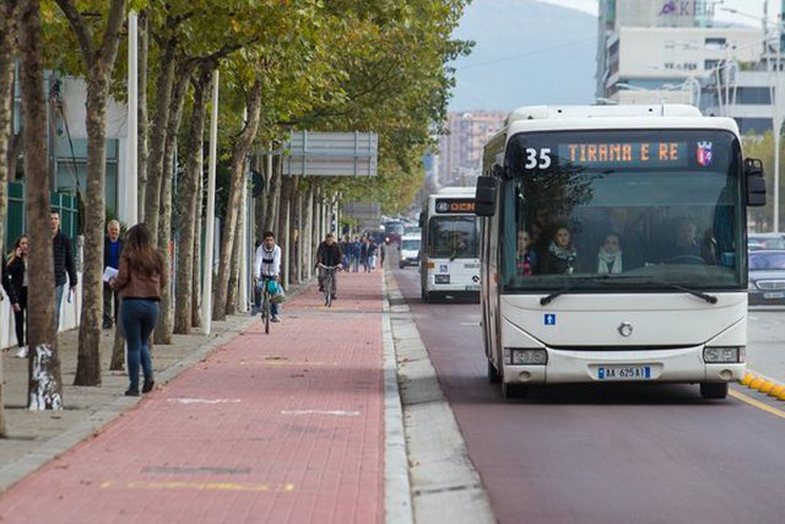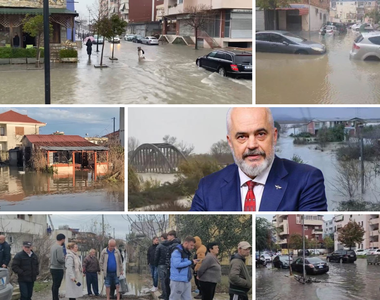
In an interview with ABC News, the head of the National Urban Transport Association, Rixhin Qoshja, indicated that adjustments are being made based on European models of urban transport.
"We have tried to make some adaptations based on the models that have been made in Europe to understand the capacity of the passengers that we can transport. We are still waiting for the official protocol for the final adaptations. With the new rules we will apply, no more than 25% of the total bus capacity can be circulated in one vehicle while maintaining the safety distance. It is a problem for us as operators as long as we do not yet have financial support, as it is unthinkable that we can function using only 25%. ?
Regarding the use of protective measures - masks and gloves - The corner said:
"As long as public transport is closed, the conditions that are used today indoors will be the same. [Masks and gloves are definitely needed]. With regard to the Fatorino, this is a problem because we cannot respect the safety distance with the Fatorino. It remains to be seen what information we will receive from the relevant authorities. "
He added that citizens are likely to use urban transport from the beginning of June.
"It simply came to our notice then. Pristina started last week. So we definitely need to restart, but we need to understand the financial scheme of how we will function and the security conditions that we need to respect in public transport. ?
According to the National Association of Urban Transport, there is also the possibility that in urban areas during this period there will be no fatorino and an alternative way will be found for this.
Two days ago, Prime Minister Rama said that public transport lines will be "opened piece by piece", but the clear strategy on how they will work will be published at the end of this month.
"By the end of the month, we will have a new public transport strategy and will open public transport lines piece by piece, implementing a comprehensive reform of this sector, with a direct participation of the state in guaranteeing standards. new, not only in order to protect health today, but also to significantly increase the quality of service in public urban and inter-urban transport tomorrow. "





